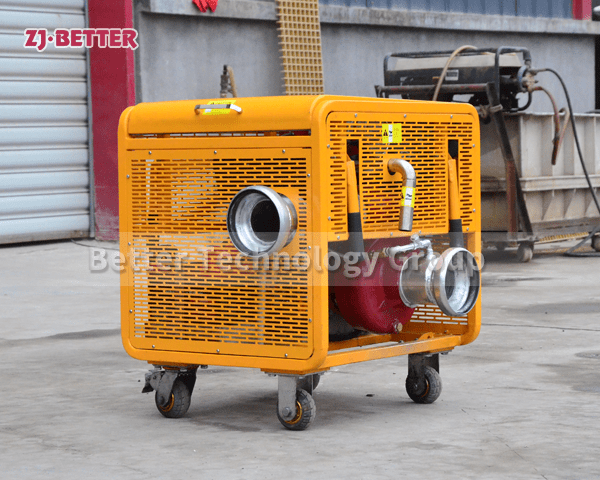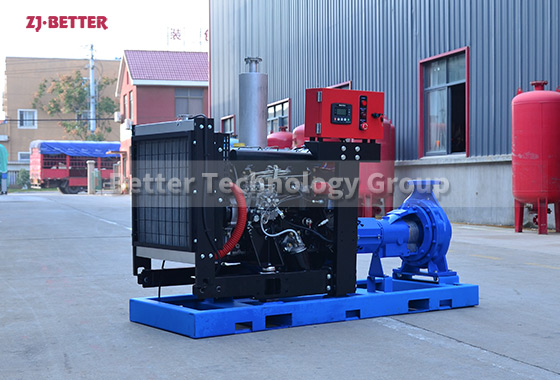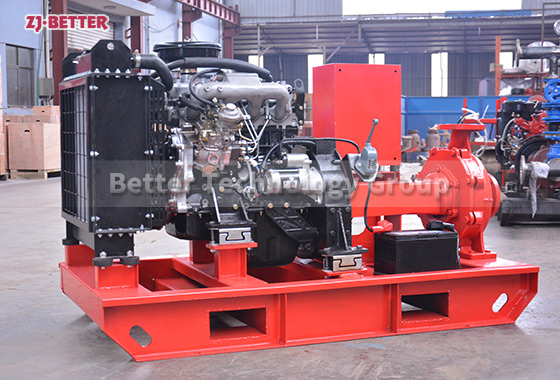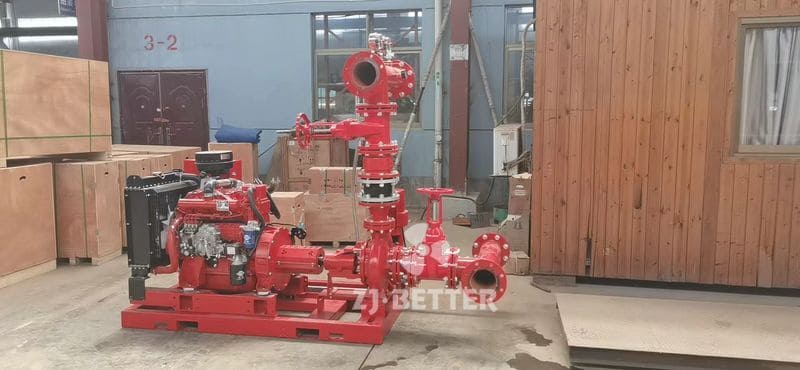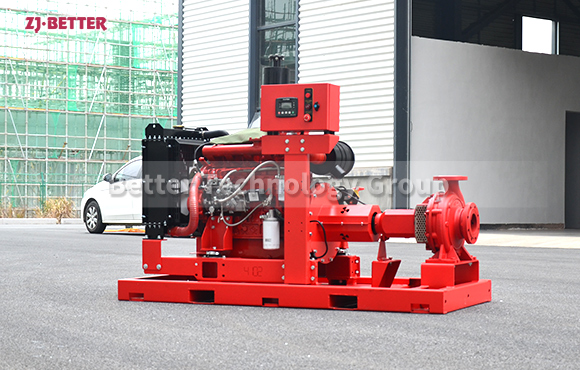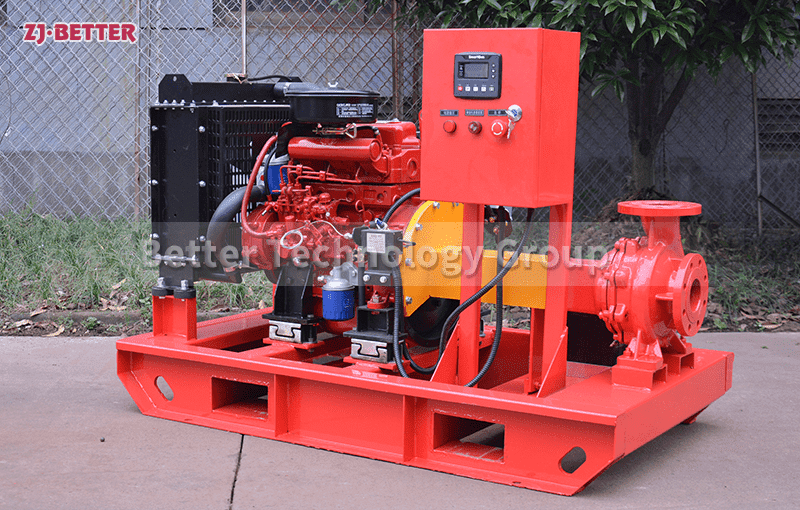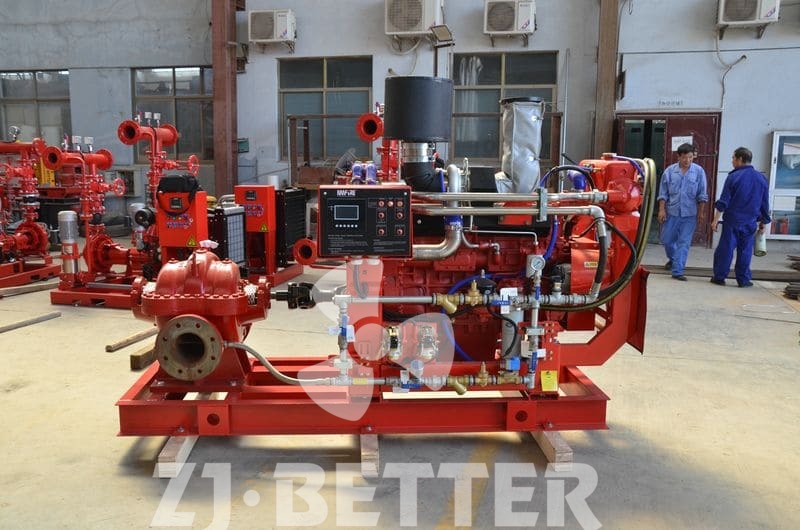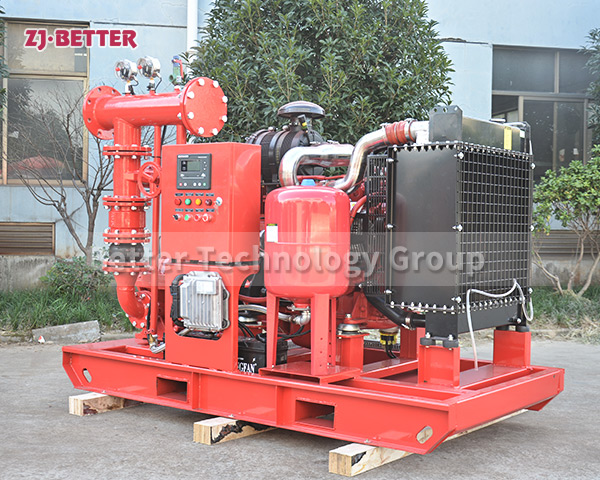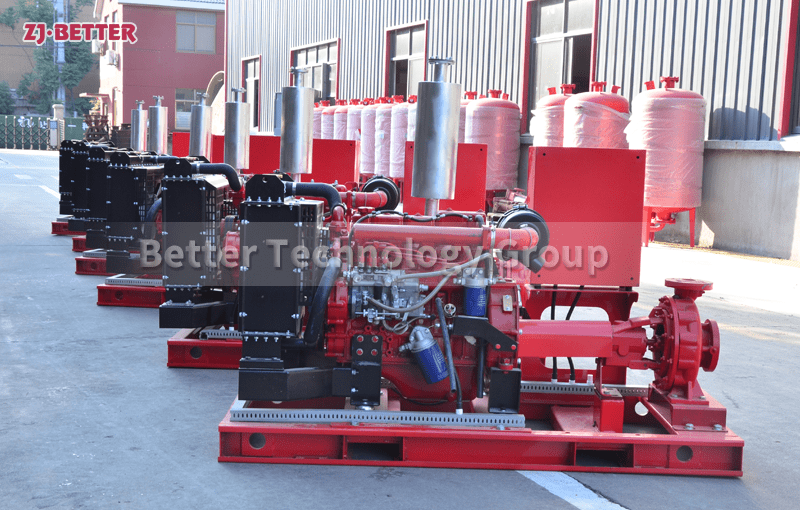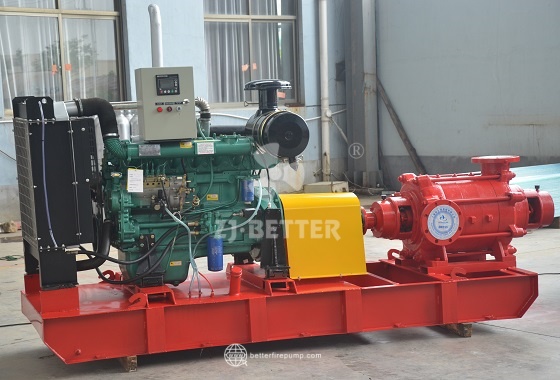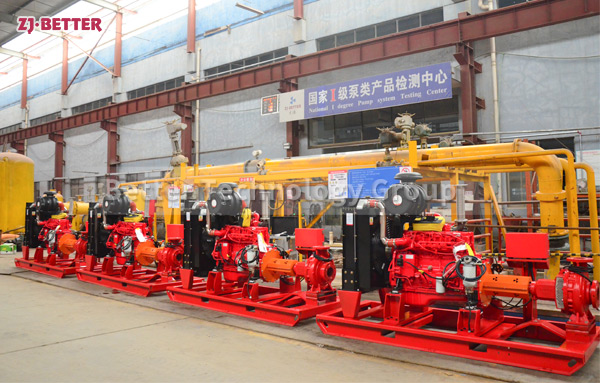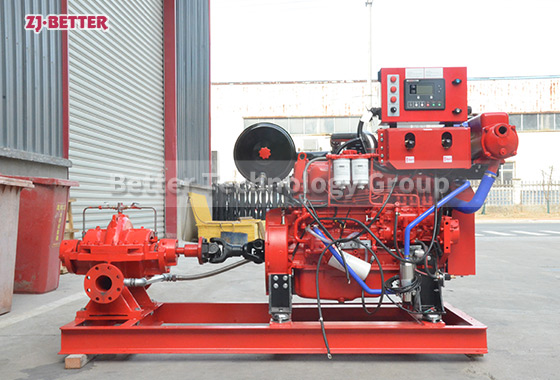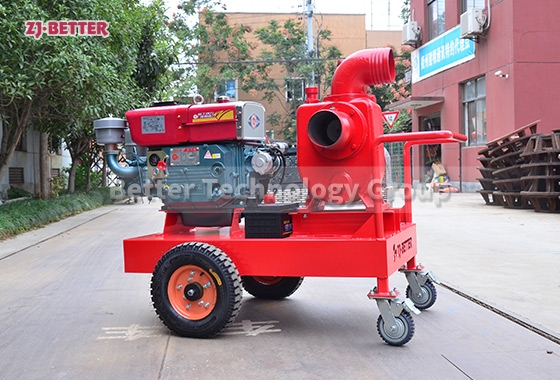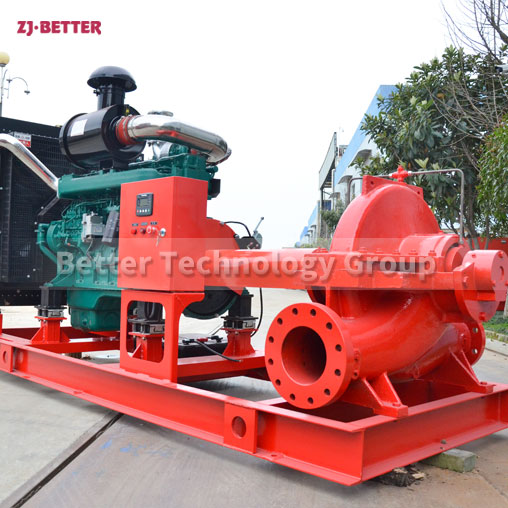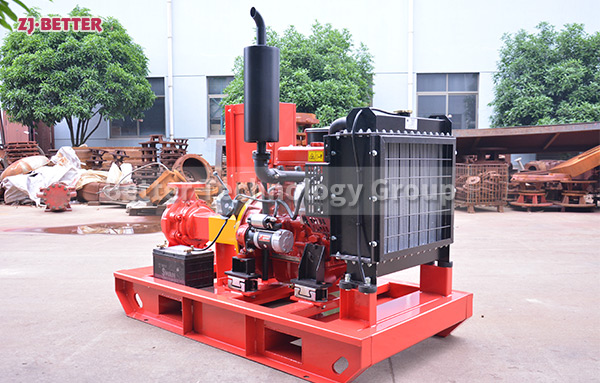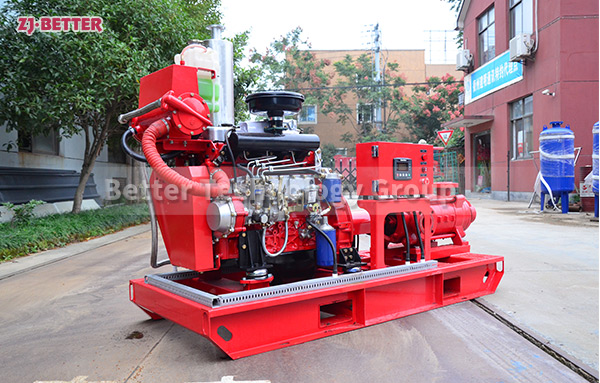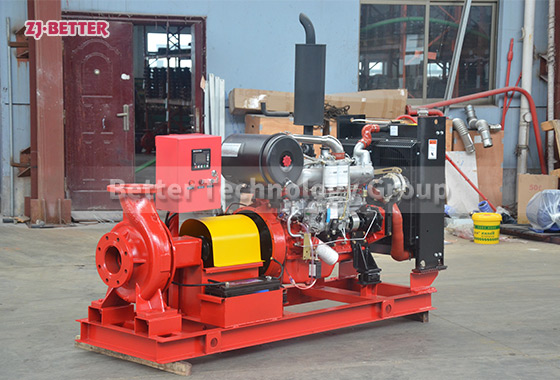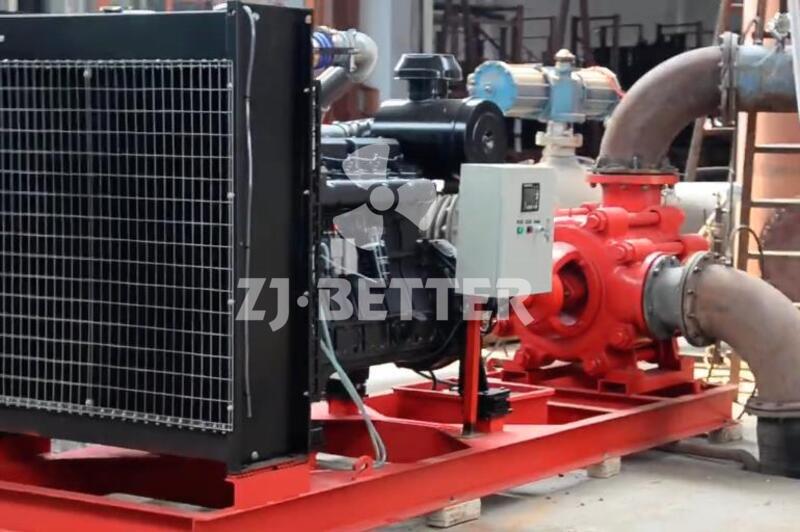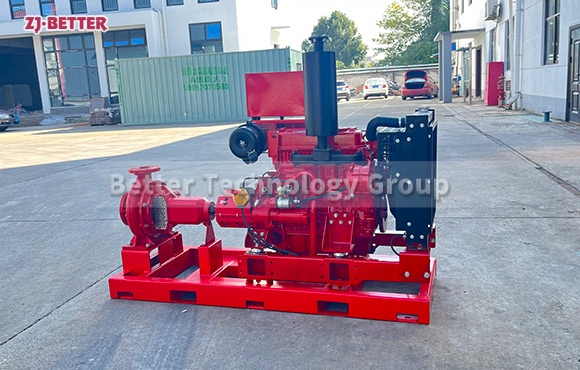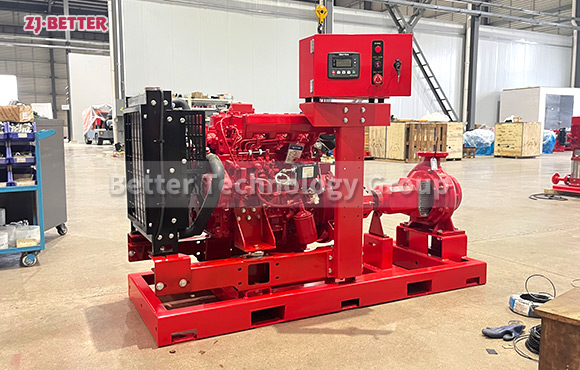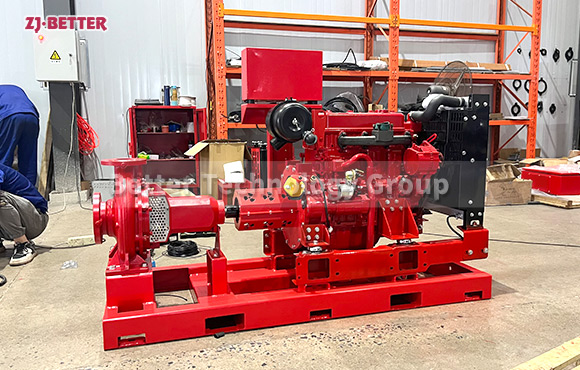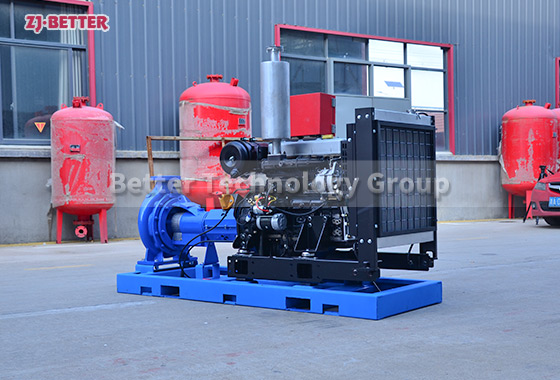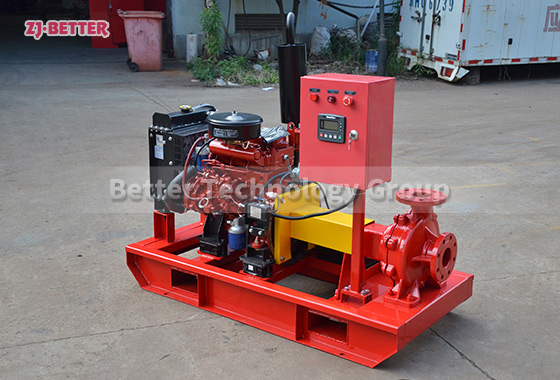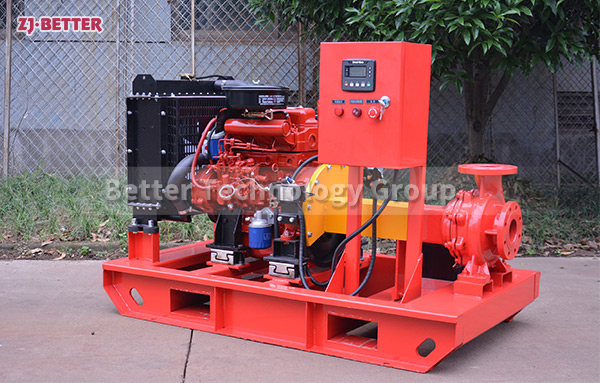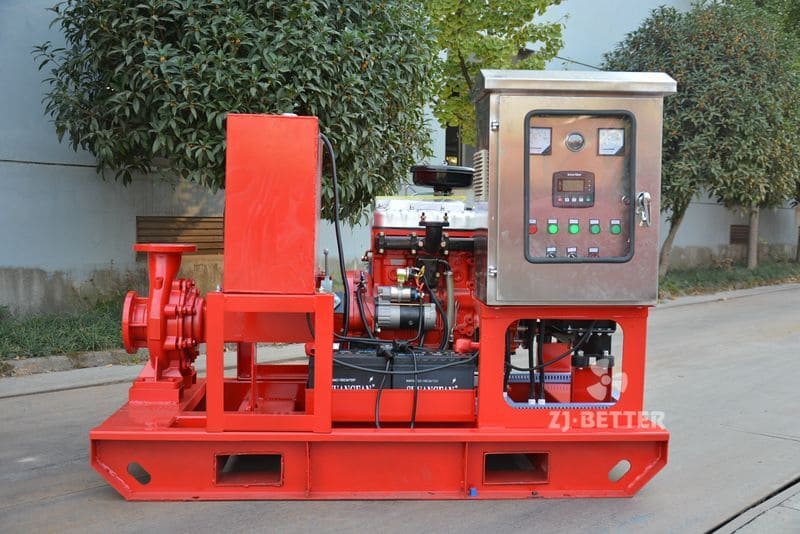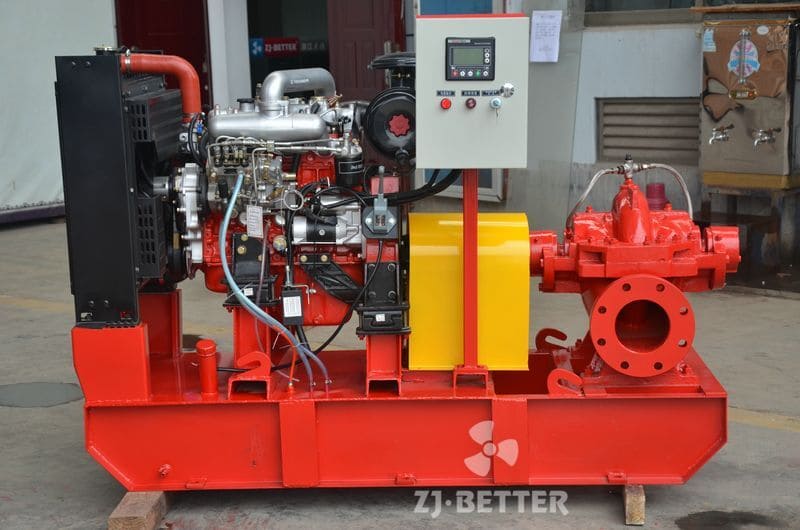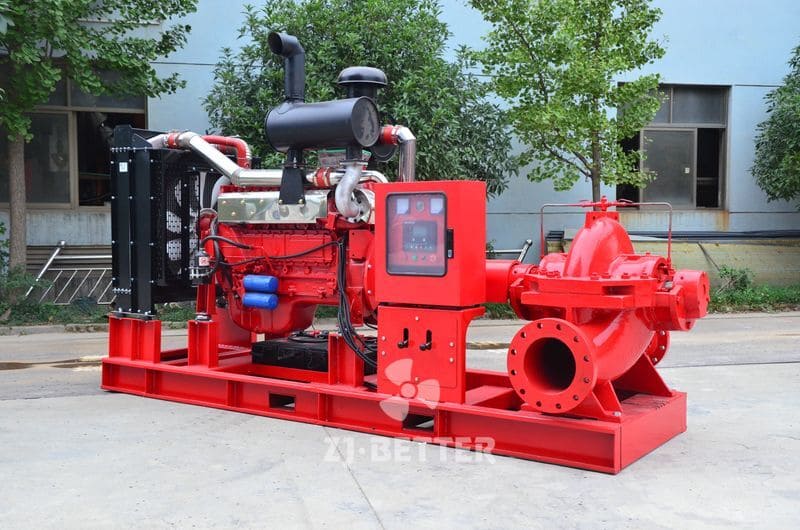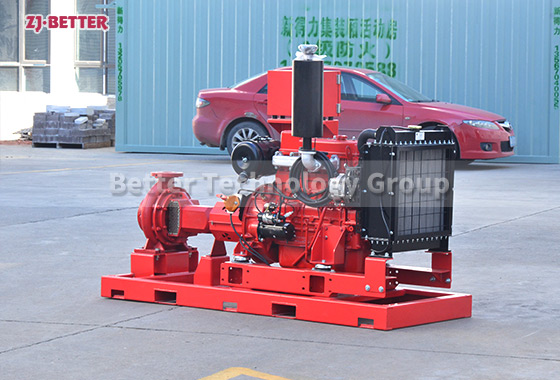The weight of the portable diesel fire pump is light
Handheld diesel engine fire pump, mainly used for fire safety fire safety fire safety fire safety fire safety fire safety fire safety fire safety fire safety fire safety fire safety fire safety fire safety fire safety fire safety fire safety fire safety vehicles. , Green garden pouring, power supply system and emergency resistance rational machine and equipment.
Hand -lifting diesel fire pump has the characteristics of large output power, light weight, simple structure, convenient application maintenance, and fast starting. The water supply equipment is part of the work of the hand -lifting pump, and the hand -lifting rack is the support body of the entire device. When applying, drag the joystick to the level of the level, and you can stretch out your hand to lift the pump. Because the hand -lifting pump has lightweight spirit, it will not be affected by the advantages of traffic travel, power engineering, and regional obstacles. It has been generally used to drive fireworks and mining enterprises, warehouses, seaports, ports, and villages. The first fire accident in the area where you arrive immediately.

